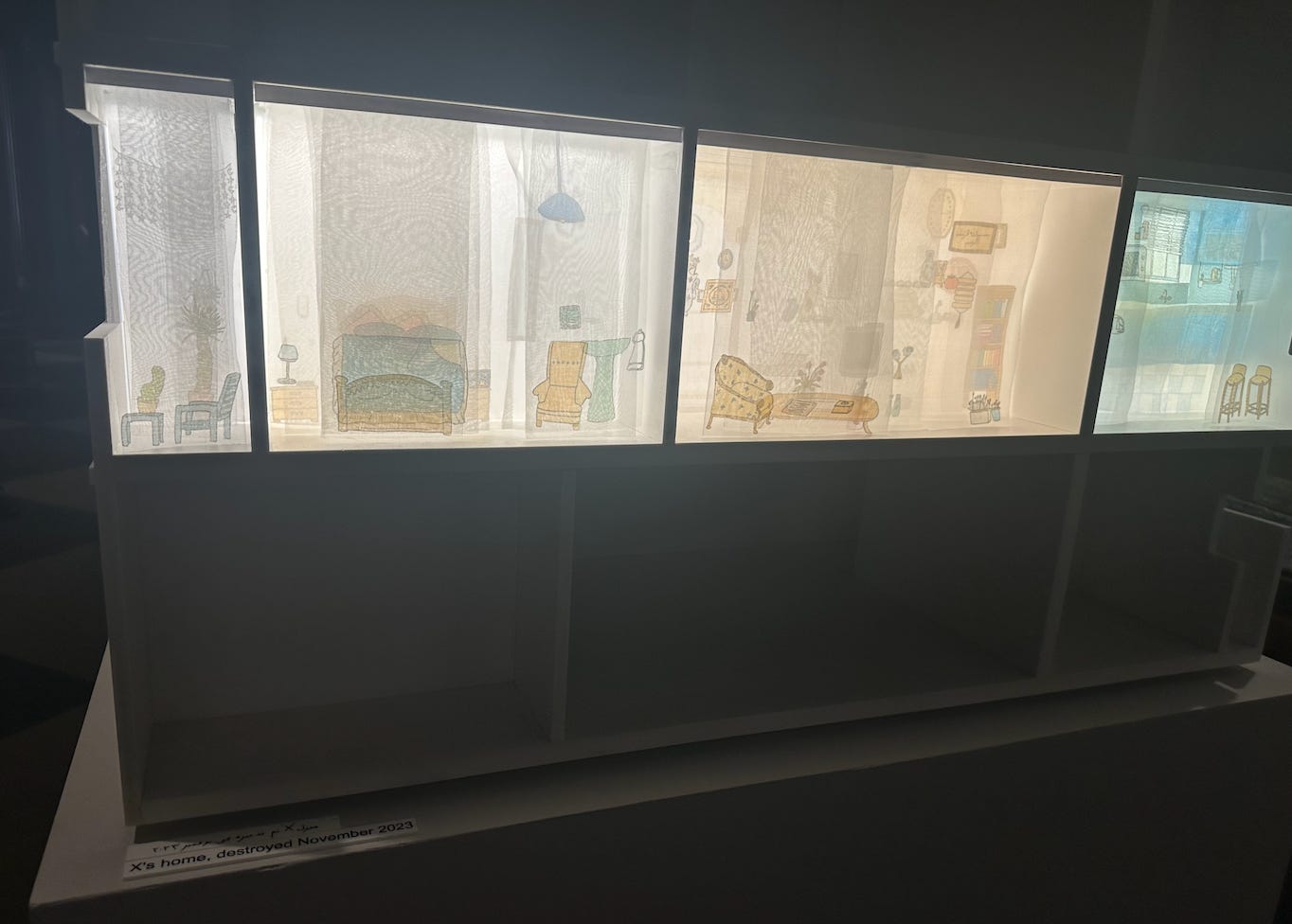
Back in 2021, an Israeli airstrike destroyed a 12-story apartment tower in Gaza where the Al Jazeera and Associated Press bureaus were based.
Journalist Laila Al-Arain wrote at the time:
“Watching the footage of the falling building left me in shock. It collapsed like one of the many towers that my children make out of magnetic tiles or Jenga blocks. It was gone in seconds.”
Then her brother texted her to say that their grandfather had an apartment in that building, which he had “bought with his life savings and left for his children to inherit”.
“It was now reduced to rubble and ash. This is a lesson that Palestinians across generations have never been allowed to forget: Home is fleeting and can be taken away at any moment.”
Fast-forward to today, and the majority of residential buildings in Gaza have been either damaged or destroyed. Alongside the trauma of death and starvation - as well as continued attacks on the media, with four Al Jazeera journalists killed this week in a targeted strike - is the trauma of erased places: homes, streets, alleyways, markets, businesses and stores.
It is in this context that senior leaders of the consulting firm Boston Consulting Group advised on the creation of the Gaza Humanitarian Foundation, which is weaponizing aid, and also developed a “financial model” for Gaza’s postwar reconstruction.
As the Financial Times has reported at length, in this model Palestinians would be incentivized through “relocation packages” of US $9,000 per person to leave to countries like Somalia, UAE and Egypt, and investors incentivized to develop. The vision for redevelopment also had input from staff of the Tony Blair Institute.
BCG has fired two partners involved and is subject to a parliamentary inquiry in the UK. It has said its involvement with the work in Gaza was the result of deliberate individual misconduct - a classic “bad apples” response - and that it has launched a “firm-wide effort to ensure our controls are not circumvented and to strengthen our speak-up culture.”
The consultants’ role is an extreme example of top-down hubristic masterplanning that ignores local context and experience, or in fact worse, that is perfectly conscious of local context and moves ahead all the same.
Zooming out, it is part of a pattern that has played out over human history, from ancient civilizations, through the two World Wars and regional wars, and is accelerating again today as the competition for land and resources intensifies. A pattern in which state and private interests converge to displace, other and erase, ignoring our shared humanity, which includes our experience of home.



A sobering but important read.
Very interesting and sad to learn. Powerful piece